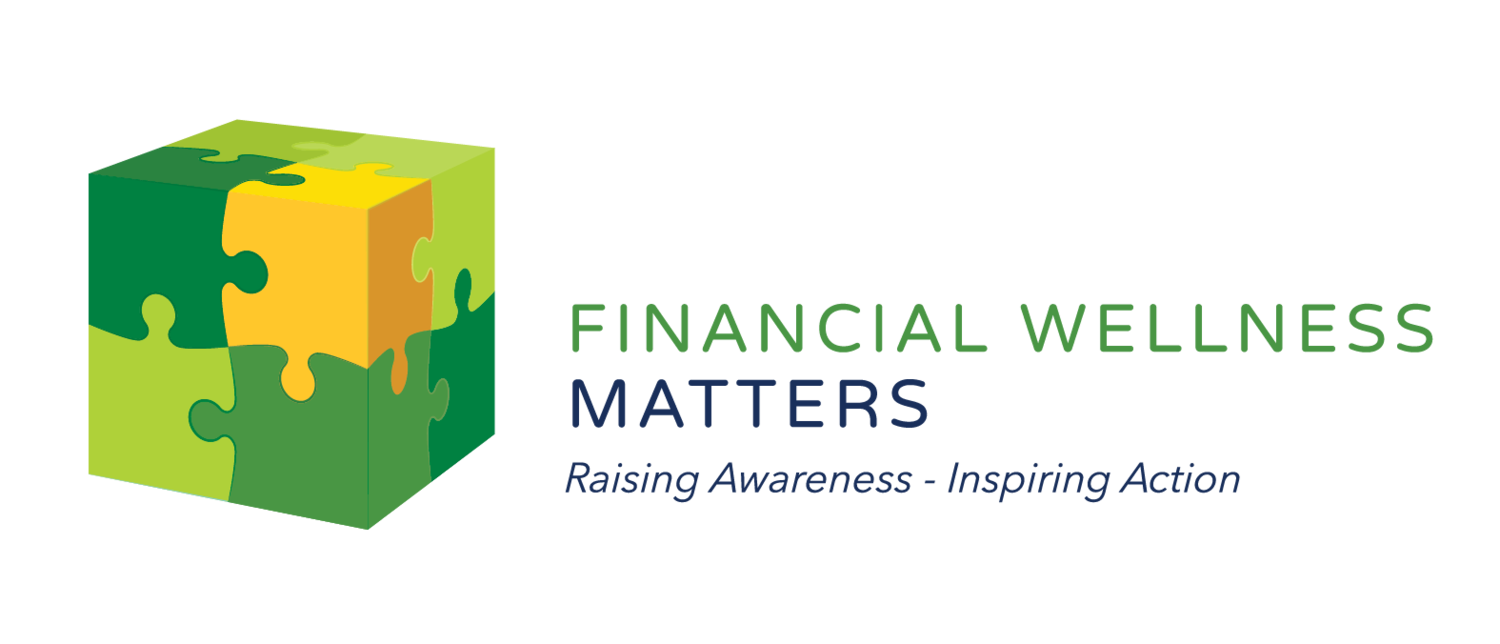Mind The Gap - The Impact of Not Taking Action
- By Darren Smith
As leaders of organisations and people, we are faced with trade-offs. We run scenarios on likely outcomes and try to mitigate risk to manage our way through it as best we can. We have limited resources, and we are doing the constant juggle of allocation. The criteria that we use to prioritise for business sustainability and performance is not necessarily aligned to the priorities of our employees.
Whilst my own preference is to focus on what is the impact if we do something and we do it properly, for many the approach often taken is what happens if we don’t or we don’t do it now.
The results achieved and approach taken are very different when you do it because you must, rather than you want to. If you can combine both, then you are in a great position to support behavioural change.
I reflect on a recent conversation with a senior executive, which was about supporting his team with some financial coaching. This CEO was a high performer in his own right, but he questioned how he could be expected to solve, within a workforce environment, societal problems in terms of behaviours and attitudes and lack of education that governments were not able to.
In terms of financial wellbeing, he questioned why there isn’t a focus on the individual to take personal responsibility for their behaviours and actions around managing money. Don’t get me wrong – these views are not unique to this executive or isolated.
These comments get at the heart of why some organisations struggle to buy into initiatives in this space. Some leaders are overlaying their own personal bias, experiences, and values set, and making judgement on others.
Our discussion then evolved to leaders having a responsibility to protect and nurture their employees and the teams they work with. They have a responsibility to educate them, prepare them to manage with challenges inside and outside of work. We need to accept that the person comes to work impacted and influenced by what is going on in their lives. If we can assist and alleviate some of those pressures or provide life skills to better cope with them, then the team member will be more focused when at work. They will be more engaged.
I am an advocate for accountability being built in for both the employer and the employee.
It can’t be a one-sided relationship. If it is, it will break down and deteriorate.
If we take a view that the employee is totally responsible, and we don’t assist and support them then what is the impact on the employee, their team, and their work performance.
Pretty easy to predict – if we can’t help employees save money they are going to struggle, get distracted, and lose focus. They are going to reach a tipping point at some stage. It is not if, but when. They will likely experience several stages of disengagement and resentment along the way.
Team members may stay for a short time, but financial pressures will ultimately tip them into seeking employment elsewhere. Increased turnover then has an impact on a business. It becomes harder to retain and motivate staff and delivery quality service and products to valued customers. The downsides can be more extreme. In some situations, there is more downside if the team member stays as they become toxic and impact their colleagues. It becomes contagious. Not providing support could become a legal matter, particularly with changes around psychosocial hazards at work.
More cost + less engaged team members = less productivity.
Doesn’t sound like a winning formula. Alternatively, looking for ways to increase the level of support and get traction can produce a significant uplift in connection with the workplace.
The workplace is in a strong position to leverage purchasing power and invest time into the welfare of its team. This instils trust and makes it about what is important to the individual. It is more relevant and ultimately, more valued.
